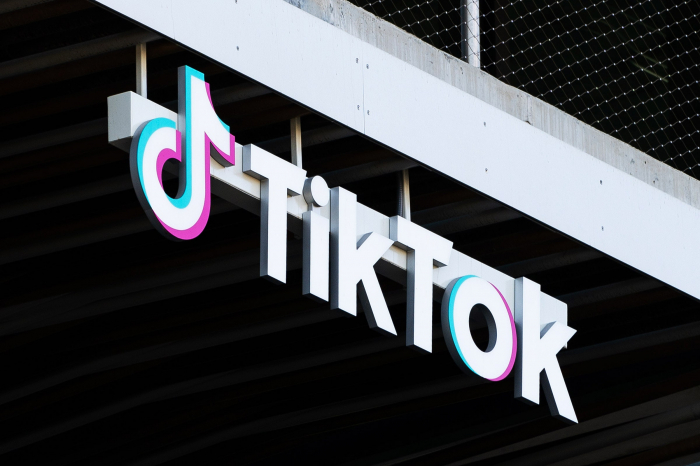London City Hall staff will no longer have TikTok on their devices in the latest ban imposed on the Chinese-owned social media app over security concerns.
The Greater London authority (GLA) said the rule was implemented as it takes information security “extremely seriously”.
It comes after the UK government banned ministers from using the video-sharing app on their work phones after a security review.
The House of Commons and the Lords also cited security concerns as they decided to ban the app across the Palace of Westminster.
A parliament spokesperson said: “Following the government’s decision to ban TikTok from government devices, the commissions of both the House of Commons and Lords have decided that TikTok will be blocked from all parliamentary devices and the wider parliamentary network.”
The Scottish government is imposing a ban on official devices over concerns “on the potential tracking and privacy risks from certain social media apps”.
A GLA spokesperson said: “The GLA takes information security extremely seriously. In line with the government’s decision, TikTok will no longer be available on GLA devices.”
TikTok, owned by Chinese internet company ByteDance, argues it does not share data with China. However, Beijing’s intelligence legislation requires firms to help the Communist party when requested.
When the UK government announced its ban last week, citing a risk to “sensitive” data, Beijing reacted angrily.
The Chinese embassy in the UK described it as a move “based on its political motive rather than facts” and said it will “ultimately harm the UK’s own interests”.
A TikTok spokesperson said: “As we have said, we believe these bans are based on fundamental misconceptions and driven by wider geopolitics.
“We are readily available to meet with the mayor to address any concerns but should be judged on facts and treated equally to our competitors.
“We have begun implementing a comprehensive plan to further protect our European user data, which includes storing UK user data in our European datacentres and tightening data access controls, including third-party independent oversight of our approach.”
More about:
















































